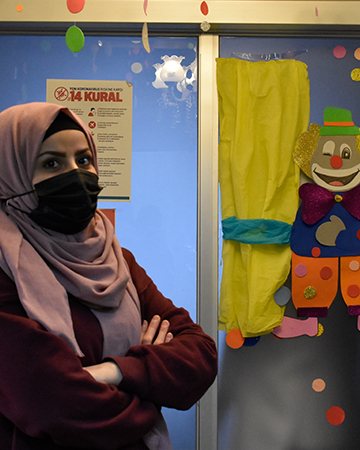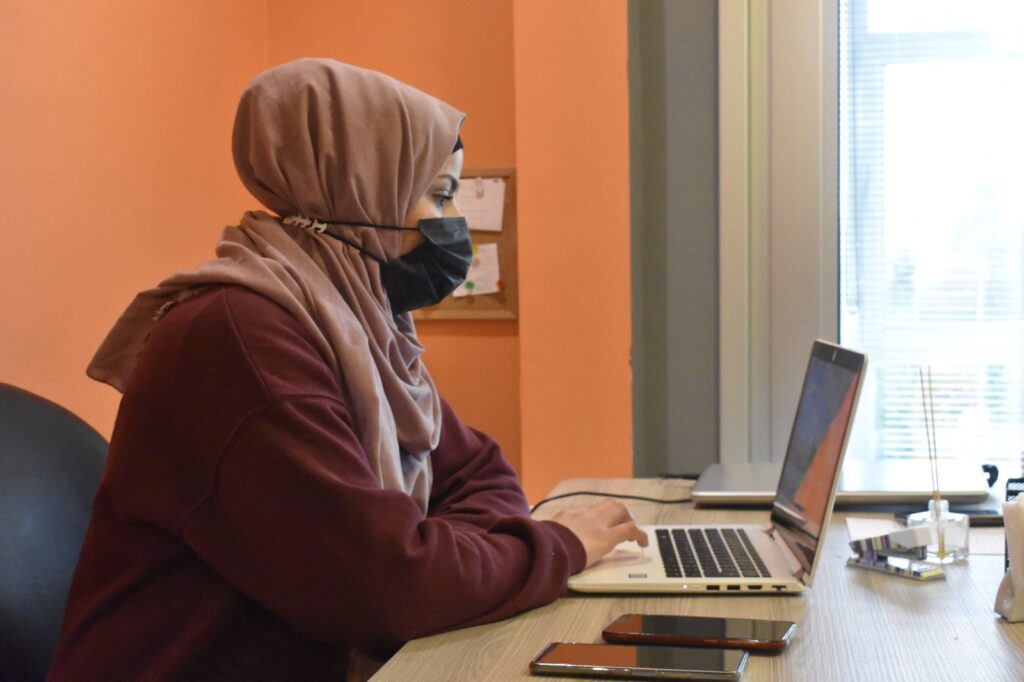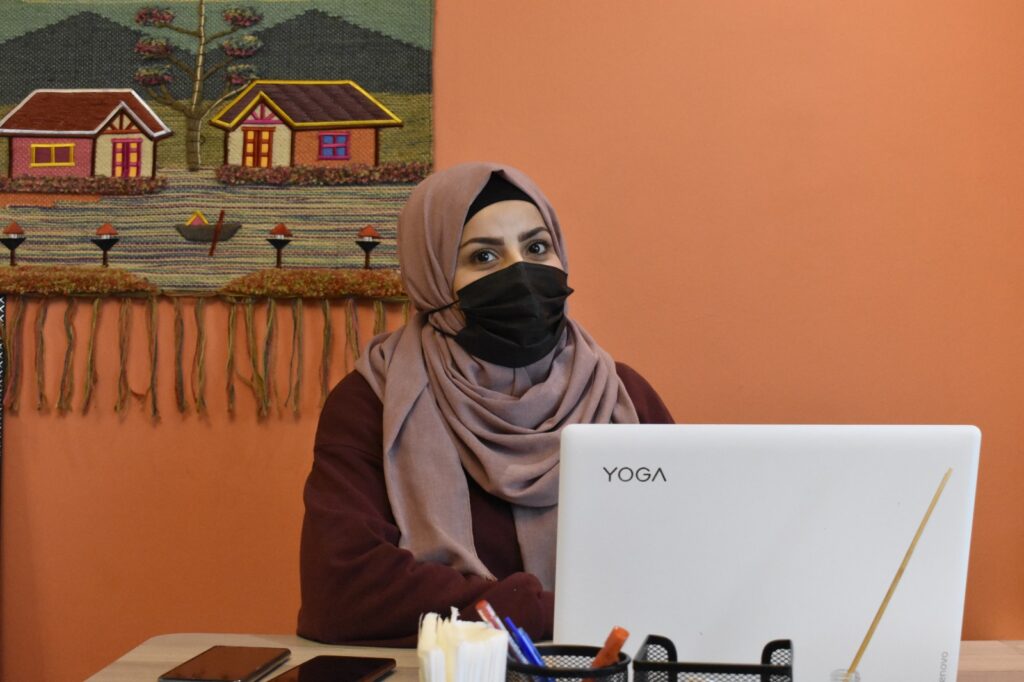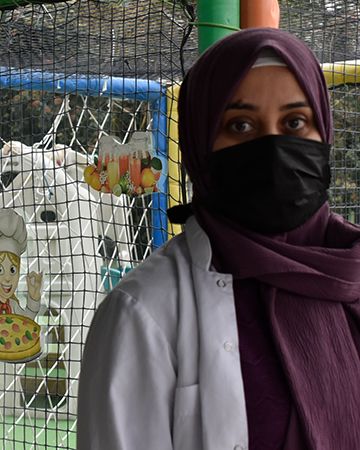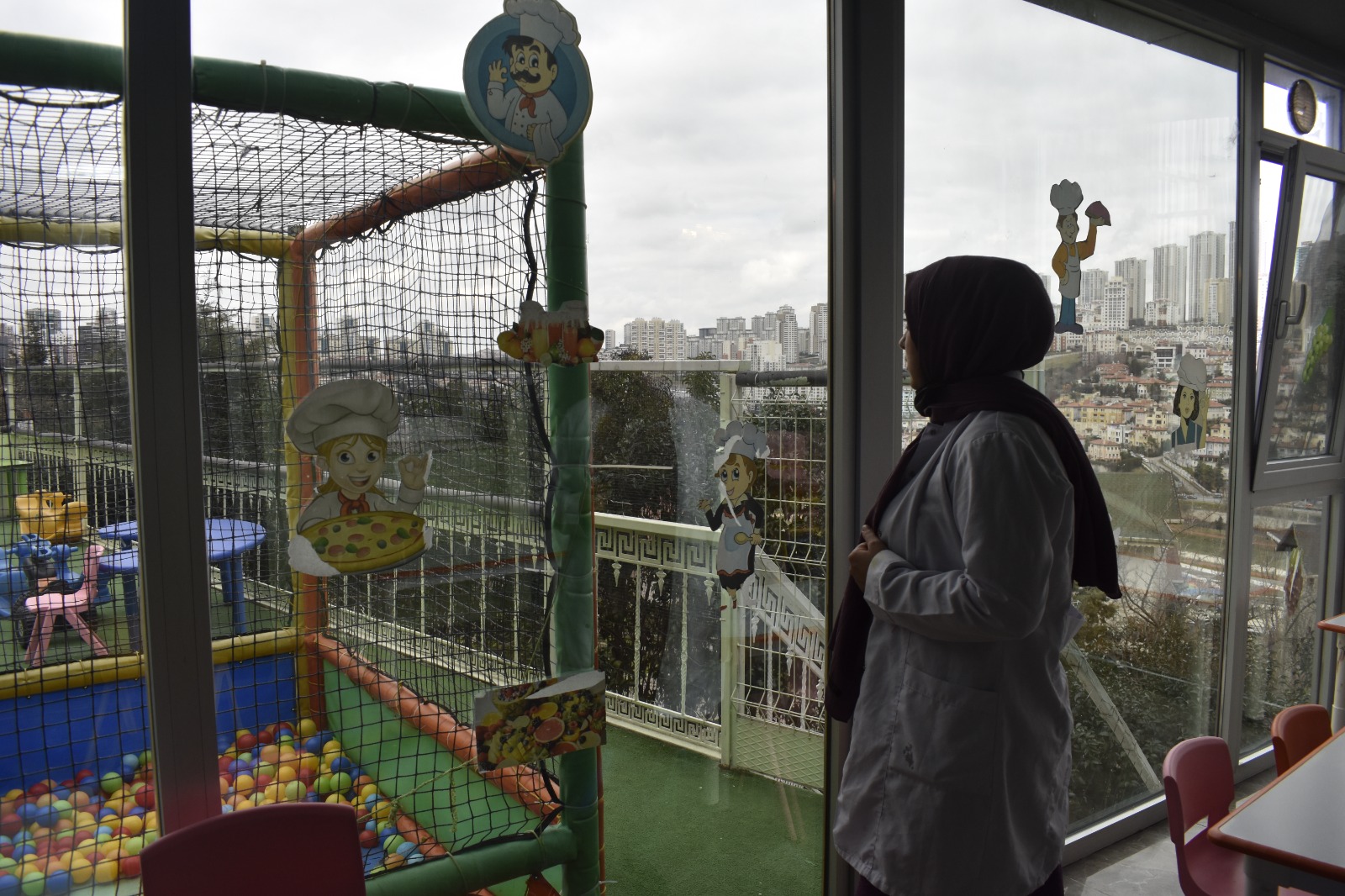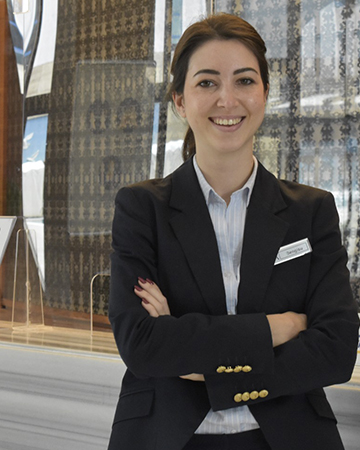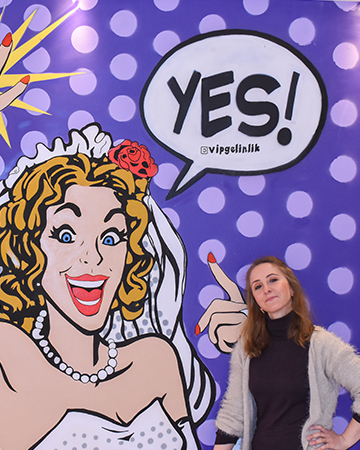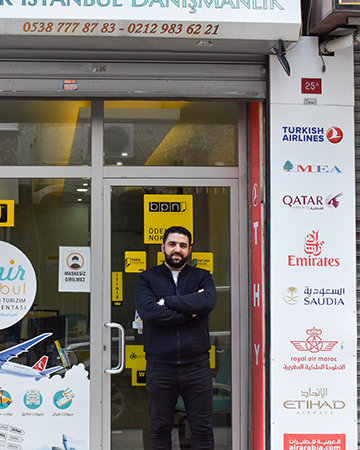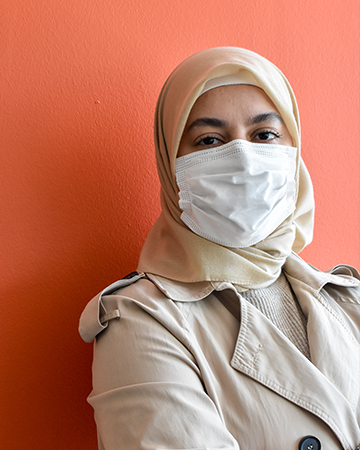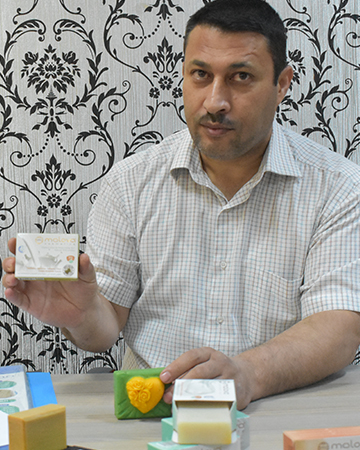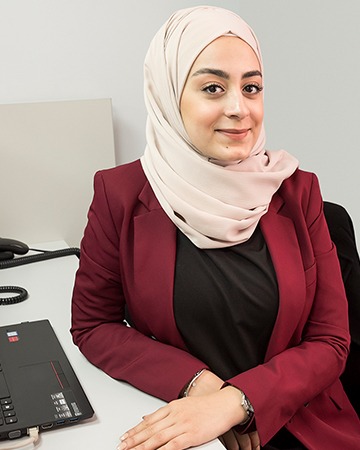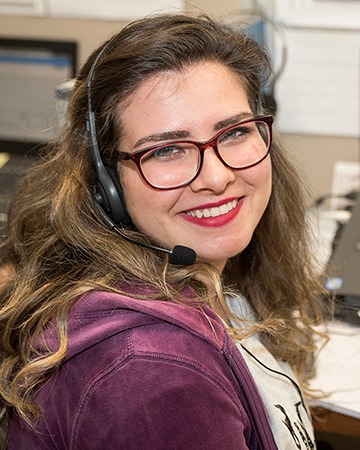Finding Stability: Muhammed’s Story of Employment and Growth
Muhammed, a Syrian refugee born in Aleppo, moved to Türkiye in 2015. Now 27, he is continuing his high school education through Open Education.
Having no prior work experience in Syria, Muhammed first came to Gaziantep and later moved to Istanbul. He mostly worked in textile factories without a work permit due to his unfamiliarity with the labor law process. His previous employers were reluctant to handle the expenses and procedures of the work permit application, leaving Muhammed unprotected by labor laws. “I used to work long hours, and my salary was below the minimum wage. I was also at risk of getting laid off because I was hired as a daily worker, not a formal employee.”
Despite these challenging conditions, Muhammed was determined to develop his skills. He actively attended and completed language courses to improve his Turkish and English, and he took classes on Microsoft Word and Excel.
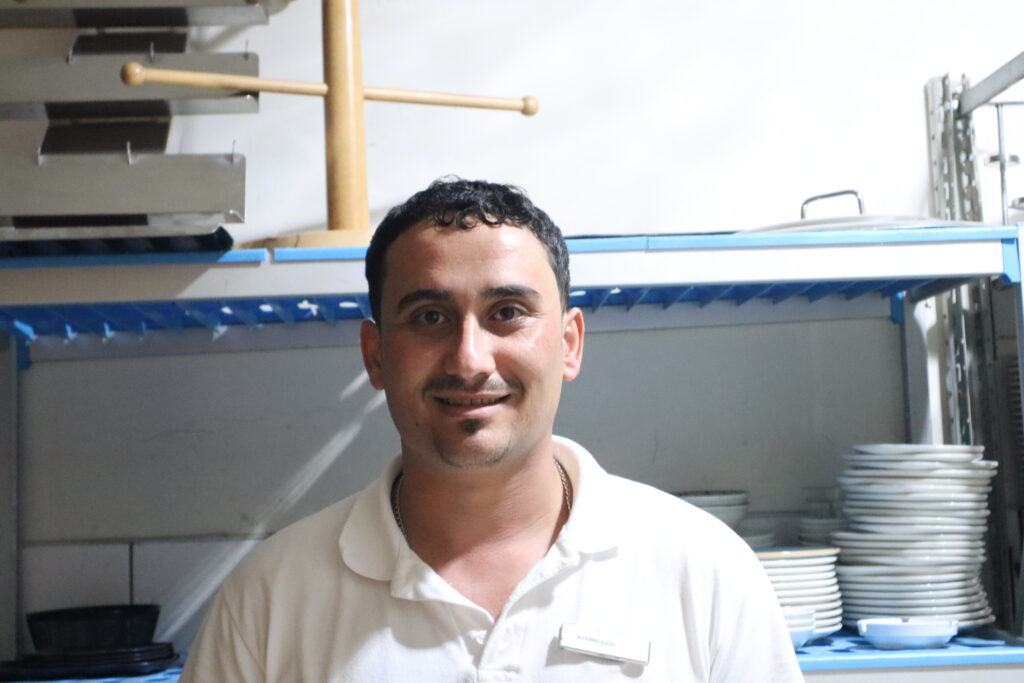 One day, he saw an ad on Stichting United Work’s Facebook page, marking the beginning of a significant change in his life. Muhammed contacted Stichting United Work to inquire about available job opportunities. At the time, Stichting United Work was implementing the Wage Subsidy project in coordination with the Danish Refugee Council (DRC). Funded by the German Federal Ministry for Economic Cooperation and Development (BMZ) through the German Development Bank (KFW), the project is part of the BRIDGES Programme. It matches job seekers from refugee and host communities with positions in the private sector and supports employers with work permit applications. The project addresses issues such as limited familiarity with labor laws, lack of job search knowledge, and financial support needs. The key goal is ensuring access to decent jobs for vulnerable groups of refugees and host community members while enhancing economic resilience and social harmony.
One day, he saw an ad on Stichting United Work’s Facebook page, marking the beginning of a significant change in his life. Muhammed contacted Stichting United Work to inquire about available job opportunities. At the time, Stichting United Work was implementing the Wage Subsidy project in coordination with the Danish Refugee Council (DRC). Funded by the German Federal Ministry for Economic Cooperation and Development (BMZ) through the German Development Bank (KFW), the project is part of the BRIDGES Programme. It matches job seekers from refugee and host communities with positions in the private sector and supports employers with work permit applications. The project addresses issues such as limited familiarity with labor laws, lack of job search knowledge, and financial support needs. The key goal is ensuring access to decent jobs for vulnerable groups of refugees and host community members while enhancing economic resilience and social harmony.
Muhammed found a job at a hotel and started working there as soon as his work permit was issued. His responsibilities at the hotel include cleaning.
“I feel relieved,” he said. “First of all, I am aware of my legal rights and responsibilities in my job, and my salary meets the minimum wage law in Türkiye. I also have health insurance that allows me to go to any hospital and benefit from the available health services. Additionally, I can receive a pension when I retire.”
Over time, Muhammed has impressed his colleagues and managers. They all agree that he is a well-liked employee who performs his job exceptionally well. This formal employment not only provides him with stability but also enhances his sense of belonging and commitment to his work and community. “The work environment is very friendly here,” he said. “My Turkish is good, and that helps me communicate with everyone and establish new connections.”
Muhammed does not want to stop here. He is studying to finish high school, hoping the degree will help him enroll in a university and improve his chances of employment. He is not sure about his field of study yet, but he is stable for now.


